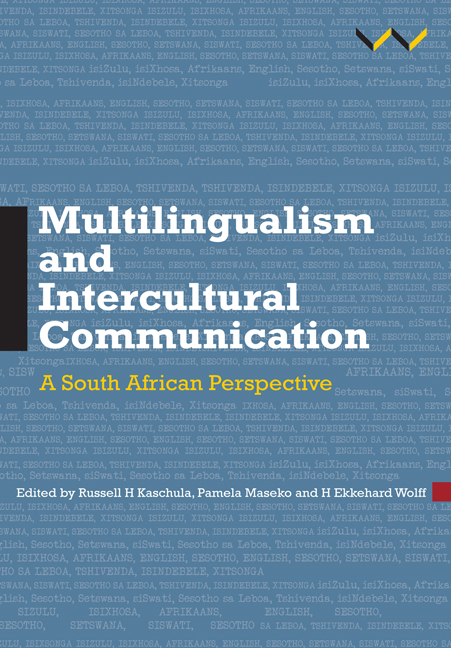Book contents
- Frontmatter
- Contents
- Tables and figures
- Preface
- Abbreviations and acronyms
- Central terms and concepts
- Introduction
- Prologue: The essentialist paradox in intellectual discourse on African languages
- Part One African language empowerment: concept formation and intellectualisation
- Part Two Language planning, terminology development and dictionaries
- Part Three Language in education
- Part Four Language in the professions: law, media, science and language technology
- 11 Language and law: ‘cultural translation’ of narratives into sworn statements
- 12 Language and media: isiXhosa in Journalism and Media Studies at a South African university
- 13 Using African languages to teach Science in higher education
- 14 The development of language technologies in the South African context
- Part Five Language, culture and intercultural communication
- Acknowledgements
- Contributors
- Index
11 - Language and law: ‘cultural translation’ of narratives into sworn statements
from Part Four - Language in the professions: law, media, science and language technology
Published online by Cambridge University Press: 23 March 2018
- Frontmatter
- Contents
- Tables and figures
- Preface
- Abbreviations and acronyms
- Central terms and concepts
- Introduction
- Prologue: The essentialist paradox in intellectual discourse on African languages
- Part One African language empowerment: concept formation and intellectualisation
- Part Two Language planning, terminology development and dictionaries
- Part Three Language in education
- Part Four Language in the professions: law, media, science and language technology
- 11 Language and law: ‘cultural translation’ of narratives into sworn statements
- 12 Language and media: isiXhosa in Journalism and Media Studies at a South African university
- 13 Using African languages to teach Science in higher education
- 14 The development of language technologies in the South African context
- Part Five Language, culture and intercultural communication
- Acknowledgements
- Contributors
- Index
Summary
Theorising about cultural translation
The concept of ‘cultural translation’, which underlies this discussion, has its roots in the discipline of cultural anthropology. In his convincing article, ‘The Concept of Cultural Translation in British Social Anthropology’, Asad (2010: 26–27) provides a critical account of the concept of cultural translation, as follows:
The process of ‘cultural translation’ is inevitably enmeshed in conditions of power – professional, national, international. And among these conditions is the authority of ethnographers to uncover the implicit meanings of subordinate societies. Given that that is so, the interesting question for enquiry is not whether, and if so to what extent, anthropologists should be relativists or nationalists, critical or charitable, toward other cultures, but how power enters into the process of ‘cultural translation’, seen both as a discursive and as a non-discursive practice.
In the same vein, Sturge (2007: 8–9) complements this view when pointing out that:
The powerful ethnographic ‘authority’ of the text subsumes the voice of the original speakers into seamless written English partly by hiding the processes of editing and translation that have gone on … Because of the unequal relationship between the cultures concerned, the translation does not remain cordoned off inside some Western ivory tower but instead takes up a powerful position in the practical world.
In the light of the aforementioned observations, it is worth commenting briefly on imperatives related to the work of ‘transpreters'1 and their pre-statement taking and record reconstruction of sworn statements within the police service:
• The process of seeking information or obtaining information by transpreters for purposes of further investigation, and possibly securing a conviction, is inevitably and intrinsically authoritative. Thus, power and authority are a hallmark of this exercise.
• The instant relationship between the transpreters and the complainants or witnesses is best described as a relationship between unequals.
• The question of ‘translation’ or representation – central in this discussion – resonates with the assigned function of transpreters, who are duty-bound to ‘translate’ (from African languages into English) original narratives of those who lack proficiency in the language of the legal record in order to benefit the English-speaking readership – primarily the courts. Within this context, transpreters assume an audible ‘voice’ in the ‘story retelling’ process, the content of which may not be contested or disputed by those that are being ‘represented’.
- Type
- Chapter
- Information
- Multilingualism and Intercultural CommunicationA South African perspective, pp. 211 - 222Publisher: Wits University PressPrint publication year: 2017

